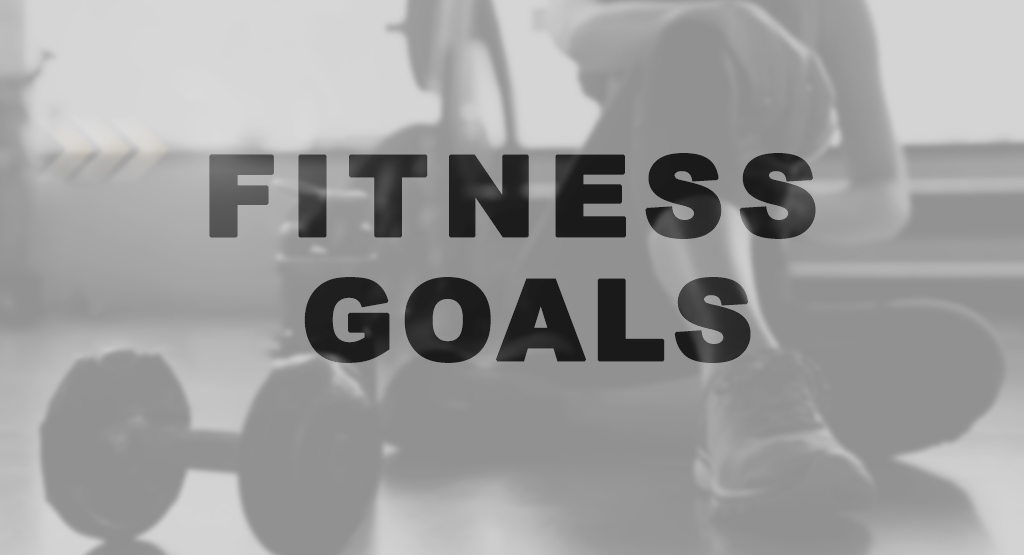The Role of Hydration in Fitness and Overall Well-being
In the pursuit of a healthier lifestyle, we often find ourselves engrossed in discussions about exercise routines, nutrition plans, and mental well-being. However, one fundamental aspect that often slips under the radar, despite its paramount importance, is hydration. The role of proper hydration extends far beyond quenching your thirst—it’s a cornerstone of fitness and overall well-being. In this blog, we will delve into the intricate ways in which hydration influences our bodies, our fitness endeavors, and our holistic health. Hydration and Physical Performance Picture your body as a well-oiled machine, with water serving as the lubricant that keeps every cog and gear moving seamlessly. When it comes to physical performance, adequate hydration is non-negotiable. Dehydration, even in its mild form, can lead to a noticeable decline in endurance, strength, and overall athletic performance. During exercise, our bodies lose water through sweat. If this loss is not replenished, it can result in increased fatigue, muscle cramps, and a decreased ability to regulate body temperature. To optimize physical performance, it’s essential to maintain fluid balance by consistently hydrating before, during, and after workouts. Hydration and Weight Management For those on a fitness journey with the goal of weight management, hydration plays a strategic role. Often, our bodies can misinterpret thirst signals as hunger, leading to unnecessary calorie consumption. By staying adequately hydrated, you can better distinguish between thirst and hunger cues, potentially preventing overeating and supporting your weight management goals. Furthermore, hydration is a key player in metabolism. Studies suggest that drinking water can temporarily boost the metabolic rate, potentially aiding in calorie burning. While it’s not a magical solution for weight loss, incorporating proper hydration into your routine can complement a balanced diet and regular exercise. Cognitive Function and Hydration The benefits of hydration extend beyond the physical realm, influencing cognitive function and mental well-being. Dehydration has been linked to cognitive deficits, including difficulties in concentration, memory, and mood. In a society often characterized by high-stress levels and demanding mental tasks, maintaining optimal hydration levels becomes essential for peak cognitive performance. A well-hydrated brain is better equipped to handle complex tasks, maintain focus, and regulate mood. Therefore, as you strive for fitness goals that encompass both physical and mental well-being, prioritizing hydration is a simple yet potent step towards achieving holistic health. Hydration and Recovery Post-exercise recovery is a crucial phase in any fitness regimen. Hydration plays a pivotal role in this process, aiding in the replenishment of fluids lost through sweat and supporting the recovery of muscles. Proper hydration helps transport nutrients to cells, remove waste products, and reduce the risk of muscle cramps and soreness. Incorporating hydrating beverages that also provide essential electrolytes can enhance the recovery process. Whether it’s a refreshing sports drink or a natural coconut water, these beverages can replenish electrolytes like sodium, potassium, and magnesium, which are vital for muscle function and overall hydration balance. Tips for Staying Hydrated Establish a Routine: Make hydration a habit by incorporating it into your daily routine. Set specific times for drinking water, such as right after waking up, before meals, and during workouts. Listen to Your Body: Pay attention to your body’s signals. Thirst is a clear indicator that your body needs water, so don’t ignore it. Additionally, the color of your urine can provide insights into your hydration status—pale yellow is generally a good indicator. Carry a Water Bottle: Keep a reusable water bottle with you throughout the day. Having water readily available makes it easier to stay consistently hydrated, whether you’re at work, at the gym, or running errands. Infuse Flavor Naturally: If plain water feels monotonous, infuse it with natural flavors. Add slices of citrus fruits, cucumber, mint, or berries to enhance the taste without relying on sugary additives. Consider Electrolyte-rich Beverages: Especially during intense workouts or in hot weather, opt for beverages that replenish electrolytes. This is particularly important for prolonged activities that result in significant fluid loss. Conclusion In the intricate tapestry of health and fitness, hydration emerges as a thread that weaves through every aspect of our well-being. From enhancing physical performance and supporting weight management to influencing cognitive function and aiding recovery, proper hydration is the unsung hero of a holistic and thriving lifestyle. As you embark on your fitness journey, let hydration be the constant companion that fuels your body, sharpens your mind, and accelerates your progress. It’s not merely about sipping water; it’s about embracing a fundamental pillar of health—one that nurtures you from within, paving the way for sustainable well-being and lasting vitality. So, raise a glass to hydration, the elixir of life that empowers you to conquer your fitness goals and thrive in every aspect of your journey.
The Role of Hydration in Fitness and Overall Well-being Read More »



